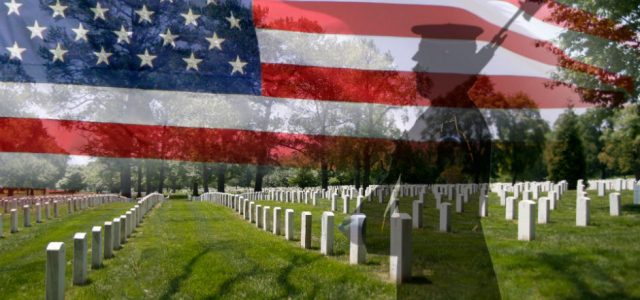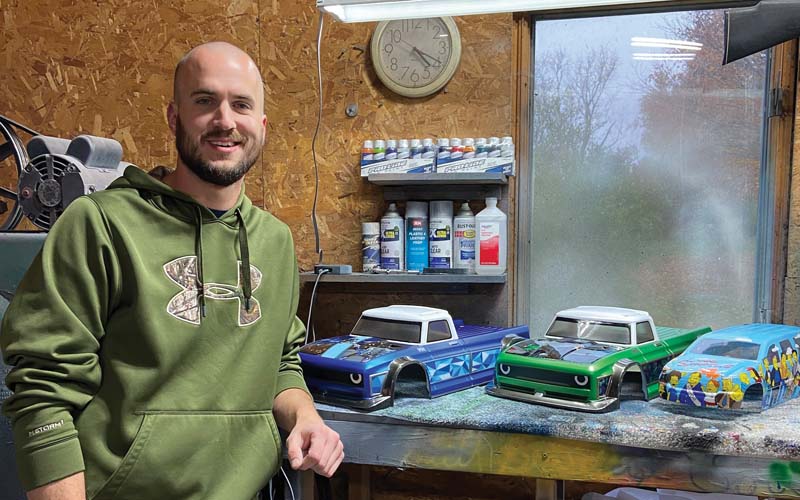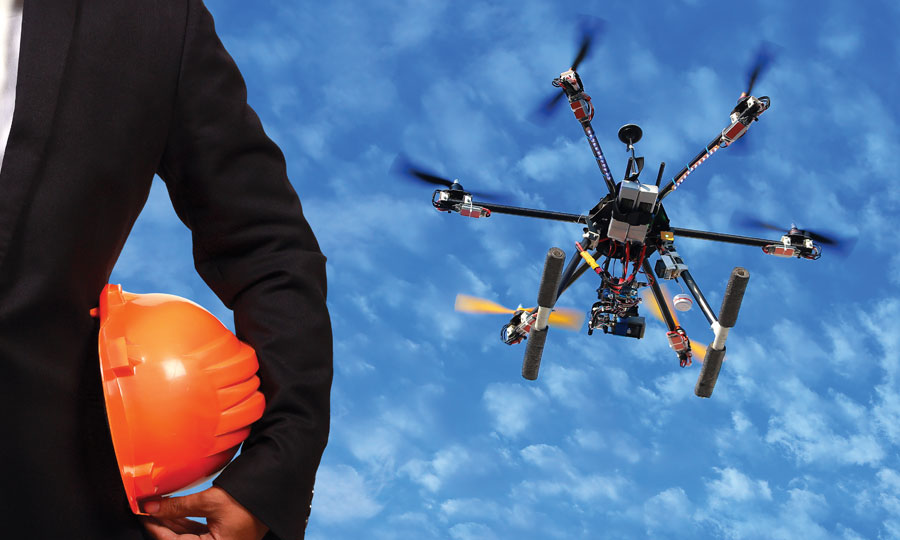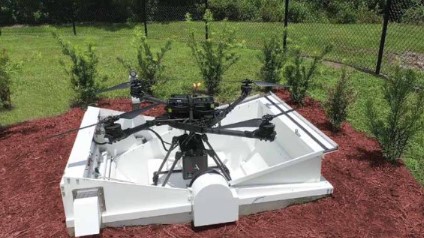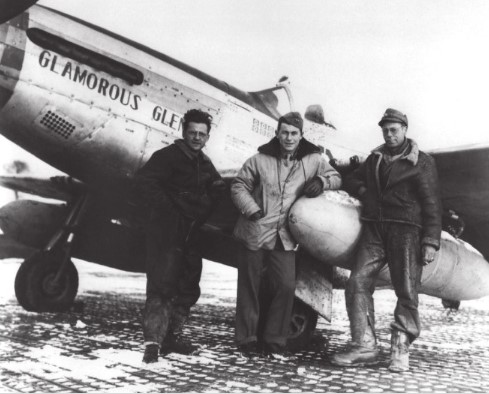Although Veterans Day has the stated purpose of remembering the vets and those in uniform, in reality it means different things to different people. For some it is the half-off sales that surround us. For me, it reminds me of one of those could-of-should-ofs that will always haunt me: I never served in the armed forces. Like so many others, some part of me is sorry that I didn’t. However, another part of me is deeply ashamed because somewhere in a far corner of my mind, I’m just a little glad that I didn’t.
I’m old enough to know that, although I should have shared in “the experience of my generation,” I also know that experience could very well have been life altering. Missing it was not necessarily a bad thing. My generation’s experience was called Vietnam and could have left me emotionally, and possibly physically, scarred for life.
At the time ‘Nam was in progress, I was a dyed-in-the-wool hawk (I lost an NROTC/USMC-option scholarship because they discovered that I’m color blind) and it was obvious that the way the so-called war was being fought was the biggest example of governmental waste in history. Still, I felt as if I should have been part of it. I can remember driving down the Long Island Express in my first after-college job and coming upon funeral processions with flag-draped coffins: I’d choke up every time. Every damned time! I still do, because kids are still serving. Kids are still dying. I feel as if didn’t pay the dues, I should have paid for the life I’m living.
I cannot adequately explain the feeling I personally feel towards vets. Especially those who have been in combat. But, whether they were on the front-lines or not, they earned the right to call themselves Americans in a way that so many others of us have not. The rest of us have been spectators and have stood around while they were, and are, living in godforsaken parts of the world, sweating in dust-covered hooches praying that some illiterate jihadist isn’t at that moment dropping a mortar round down a tube with his name or her name on it. Every second of their existence in-country, regardless of what country that may be, they know that their uniform is a target and they are surrounded by those who want them dead.
My personal feelings about vets is so strong that I have tried to walk the Vietnam Wall in DC several times. But, I can’t. I just can’t. Every time I wind up sitting on a bench trying not to make a spectacle out of myself by sobbing like a baby.
When I’m around combat vets of any war, and because of Flight Journal, I do that on a regular basis, I find myself being…I don’t know…uncharacteristically quiet. Maybe even contrite. I know that regardless of my relationship with those guys, and I’m quite close to some of them, I’ll never be inside “The Circle.” Regardless of how many interviews I do, no matter how many words I’ll write about their experiences, I have not “been there” and I’m terribly conscious of what that means: those who have not walked through the valley of the shadow death can’t even begin to know the meaning of those words. Those who have, speak their own language borne of the shared experience of knowing that any minute could be their last and their best chance of survival lies with their buddies on either side of them.
There’s another group I feel exactly the same way about and, which, on this day, I think we should be remembering right along with the vets and active-duty soldiers: the wives, sweethearts, parents and kids of soldiers. No soldier is out there alone. He is invisibly, and totally, connected to those he’s left at home. And they suffer horribly. Often times much worse than the soldier. And the public basically ignores them.
Too many forget that Veterans Day, originally known as Armistice Day, comes from the eleventh hour, of the eleventh day of the eleventh month, when the armistice took effect and artillery stopped firing in Europe during WW I. November 11 stands on its own as a day when those who have worn, and wear, the uniform of the United States Armed Forces deserve to be remembered as something special. This is because they are special.
Budd Davisson, Editor in Chief

